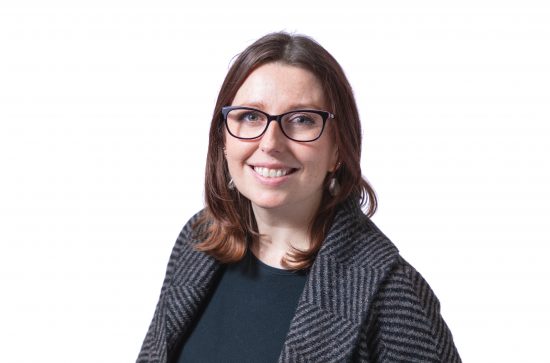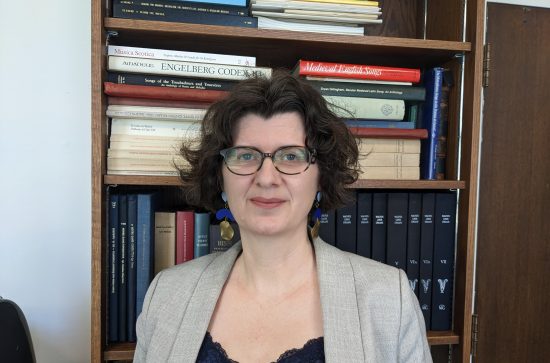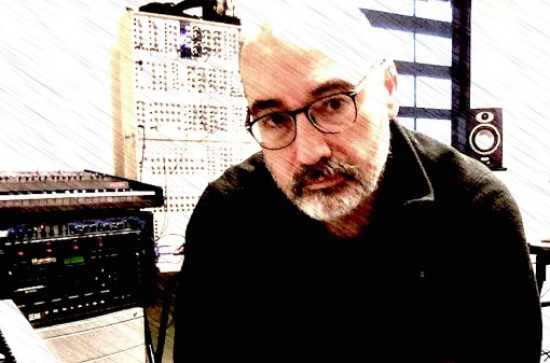Qualification : MICRO-CREDENTIAL (9)
Award Type and NFQ level : MICRO-CREDENTIAL
CAO/MU Apply code : MMC33
CAO Points :
Closing Date : 26 January 2025
The musical workplace and wider arts industry requires employers and employees to engage with a broad range of writing about music, from traditional academic writing, music journalism, and publicity materials (press releases, programme notes, etc.) to broadcasting scripts, grant applications and reporting. This micro-credential course enables students with the skills required to improve their writing skills in these domains with practical writing scenarios and regular engagement with academic and industry professionals.
This course is ideal for:
- professionals in the music industry wishing to upskill or refresh their craft;
- professionals in related disciplines wishing to move laterally or broaden their knowledge;
- students and academics wanting to learn how to pitch material to the general public and how to adapt this knowledge to the needs of industry;
- interested amateur writers and musicians.
This course involves industry experts both within and outside academia and encourages students to develop closer links with external stakeholders such as The Journal of Music, Chamber Choir Ireland, Contemporary Music Centre and Arts Council Ireland through the teaching and assessment of the course. For those already in employment, the course offers an opportunity to strengthen and deepen such industrial and artistic relationships.
Note: On successful completion of this micro-credential you will receive credits as per the European Credit and Transfer System. These credits are recognised by Maynooth University as credits aligned to learning completed at postgraduate level.
Applicants should hold at a minimum a 2:2 grade National Framework of Qualifications Honours (Level 8) award or an equivalent international qualification in a relevant discipline.
Applicants who do not hold a primary or higher degree but have sufficient and relevant professional experience are also welcome to apply. Please see our Recognition of Prior Learning (RPL) webpage for further information. Applicants who wish to apply via RPL must submit a completed copy of the RPL form along with any supporting documentation with their application.
For more information on the minimum English language requirements, please refer to the Language Competencies section of the Maynooth University Micro-credentials Entry Requirements and the English Language Requirements tab here for the tests and scores that are accepted.

Academic

Academic
The course start Date is 4th of February 2025
The course is delivered online with two in-person workshops (Saturday 1st March and Saturday 5th April), featuring online sessions on Tuesdays from 6:30 pm to 8:00 pm.
Participants on the course will work on written assignments culminating in the creation of a professionally relevant body of written work.
Online application only. To make an application please click here.
The following documents should be uploaded to your online application form:
- Valid passport / passport card OR birth certificate.
- Official University Degree Parchment or Transcript (if applying with a qualification). In such cases, the Transcript / Parchment must include full name, name of the qualification, conferring date and name of awarding body.
- Recognition of Prior Learning (RPL) application form (if applying as a professional with relevant experience).
- Documented evidence of competency in the English language (if applying as a non-native speaker).
Note: failure to provide all necessary documents will result in a delay to your application being processed.

















